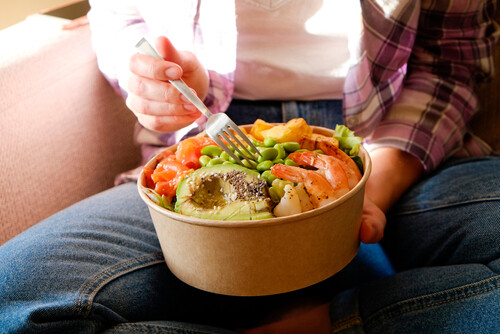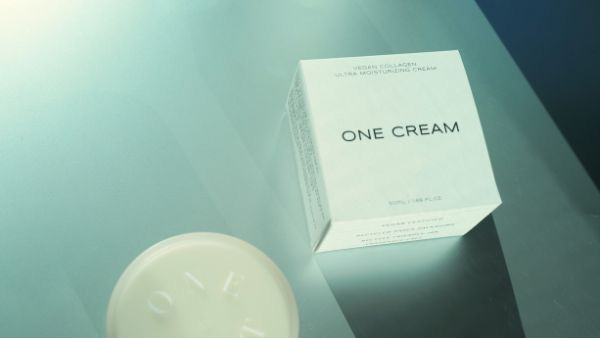Zinc is an essential nutrient and our bodies cannot make or store it. It serves a variety of functions in your body. Since your body does not contain zinc on its own, you must get it from food or supplements. Moreover, you must also ensure its steady supply through your diet.
This article covers all aspects of zinc, including its functions, health benefits, dosage guidelines, and possible side effects.
What is Zinc?
Zinc is present in a wide range of foods, in both plant and animal products.
Breakfast cereals, snack bars, and baking flour are often fortified with synthetic sources of zinc because they don’t naturally produce it. Zinc supplements or multi-nutrient supplements containing zinc are also options.
Zinc is also applied to some nasal sprays, tablets, and other natural cold remedies because of its role in immune function.
Why do we need Zinc (Recommended Nutrition Intake)
Zinc is an important trace mineral for maintaining good health. This trace mineral is only second to iron in terms of body concentration among the trace minerals.
Zinc is a mineral that aids in the development of new immune system cells and acts as an antioxidant, increasing metabolism and even speeding wound healing.
Zinc is present in every cell of the body. It is needed for the proper functioning of the body’s protective (immune) system. It is involved in cell division, cell formation, wound healing, and carbohydrate breakdown.
The senses of smell and taste include zinc as well. The body requires zinc to grow and develop properly during pregnancy, infancy, and childhood. Zinc also helps insulin work better.
Expert analysis of zinc supplements revealed the following:
- Zinc may reduce your chances of getting a cold if you take it for at least 5 months
- Taking zinc supplements within 24 hours of the onset of cold symptoms can shorten the duration of the symptoms and make them less severe. Supplementation over the RDA is not advised at this point.

Which Foods are Sources of Zinc?
Zinc can be found in various foods, including meat and fish, as well as whole grains, beans, and nuts. We must consume healthy foods to maintain our health. Here are seven zinc-rich foods:
1. Oysters
Oysters have the highest zinc content of any food, with 74.1 milligrams in a 3-ounce serving of boiled, breaded, and fried oysters. That’s 673 percent of the daily average.
2. Crab
Crab is yet another zinc-rich shellfish. 6.48 milligrams of zinc are contained in one serving of cooked Alaskan king crab (3 ounces), 59 percent of the daily value. If you want to get a large dose of zinc, eat a lot of shellfish.
3. Beef
Zinc is abundant in red meat, especially beef. 8.44 milligrams of zinc are contained in a 3-ounce serving of beef chuck roast.
4. Pork
Pork chops are also high in iron and zinc, which can help you round out your diet. 2 milligrams of zinc are contained in a serving of 4 ounces of pork chops.
5. Lobster
Lobster, in addition to oysters and crab meat, is another shellfish that is high in zinc. The zinc content of a small lobster is 4.74 milligrams. Enjoy this zinc-rich meal by serving your lobster with beans or peas.
6. Chickpeas
Zinc is found in large quantities in legumes, such as beans and nuts. This nutrient can be found in abundance in chickpeas. The zinc content of one serving of chickpeas (100 grams) is 1.5 milligrams.
7. Cashews
Nuts are a great snack during the day, and many of them are high in zinc, which is essential for a well-balanced diet. For example, one package of cashews (56 grams) contains 3 milligrams of zinc. Cashews are a delicious way to get more zinc during the day.
Zinc Consequences
According to the National Institutes of Health, most children and adults get enough zinc. However, older adults may not get the recommended amount.
The following are some of the signs of zinc deficiency:
- Affected senses of taste and smell
- Loss of appetite
- Diarrhea
- Hair loss
- Immune system dysfunction
- Impotence
- Poor growth
There is no simple blood test that doctors can use to decide whether an individual is zinc deficient. Instead, they’ll look through the person’s symptoms and average food diets to see whether they’re deficient in zinc.
Excess zinc supplementation, on the other hand, may result in zinc toxicity. However, consuming high-zinc foods — except in significant quantities — rarely causes symptoms.
Zinc toxicity can cause the following symptoms:
- Appetite loss
- Diarrhea
- Headaches
- Nausea
- Stomach cramps
- Vomiting
What Would Eatology Do for You?
We have quality, tailored meal plans and deliver delicious, nutritious food to your door as a meal planner. Our expertly made meals are created by renowned chefs, reviewed by dietitians, and prepared daily to help you eat healthy food. Eatology produces gourmet recipes with wholesome, nutrient-dense ingredients and delicious flavors to help you achieve your goal, whether it’s losing weight, increasing energy, or maintaining your wellbeing.
Talk to our in-house nutritionists for a more personalized nutrition plan.


